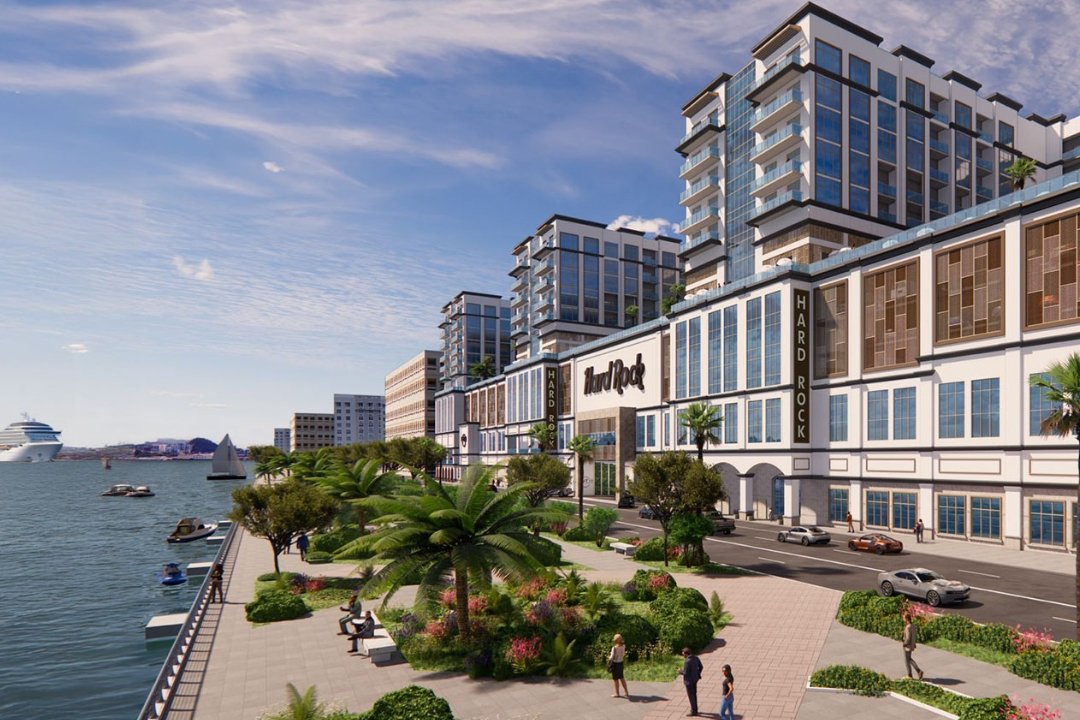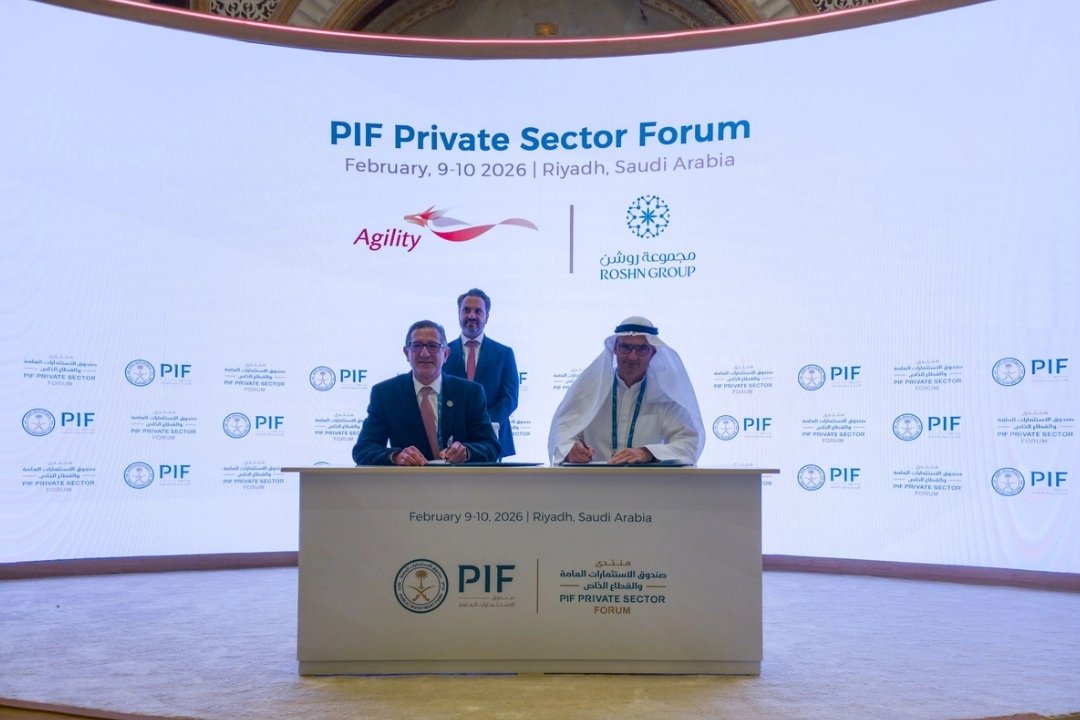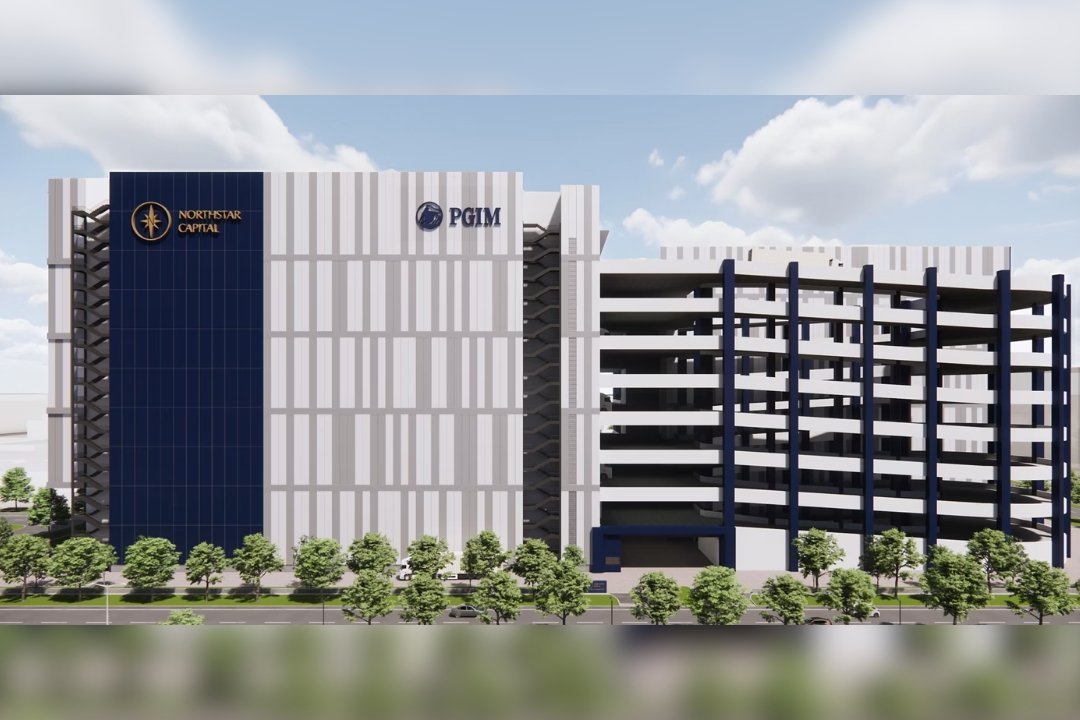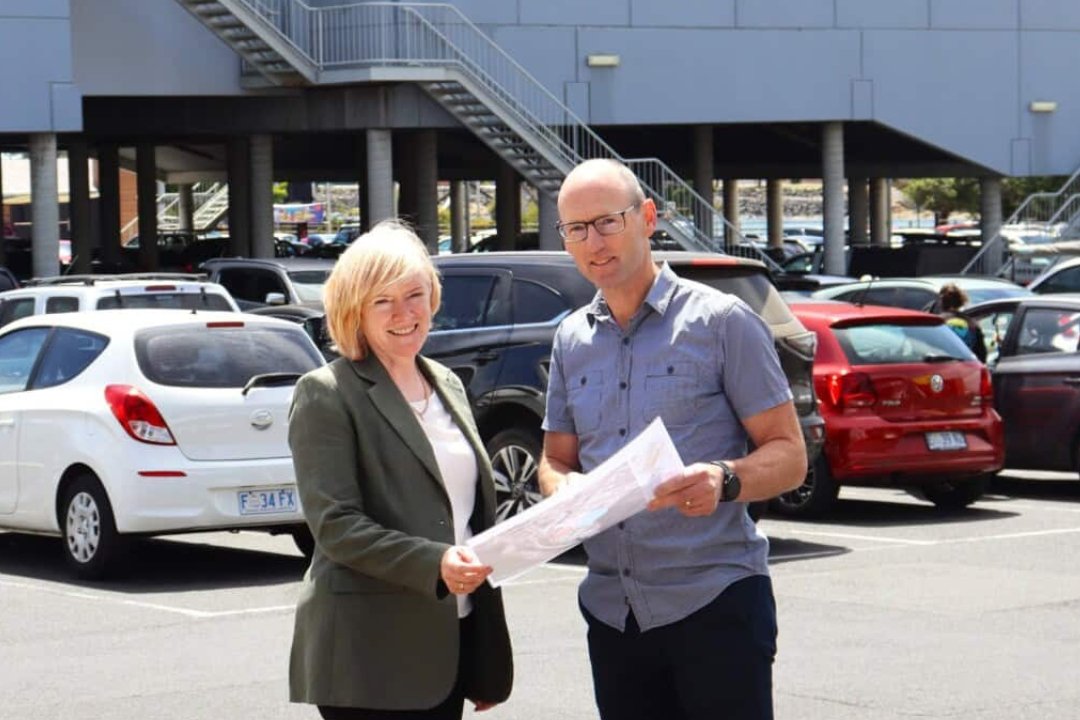Invesco Real Estate has entered into a joint venture with Logistics Capital Partners (LCP) to develop a major £250 million logistics and industrial park in Thamesmead, London. The large-scale project will deliver approximately 800,000 square feet of multi-let industrial space across a 67-acre site in the Eastern Corridor of Greater London, marking one of the most significant logistics developments currently planned in the capital.
The partnership will work in collaboration with the site’s previous owner, Peabody Trust, and the London Borough of Bexley, the local planning authority overseeing the project. Once completed, the development is expected to create up to 1,500 new jobs, offering a significant boost to local employment and London’s industrial economy.
The project will be built to meet the UK Net Zero Carbon Building Standard, targeting BREEAM ‘Excellent’ certification and an EPC ‘A+’ energy rating. The inclusion of on-site renewable power generation forms a key part of the sustainability plan, reflecting a commitment to environmental best practice and long-term energy efficiency.
James Markby, co-founder and managing partner of LCP, said: “This major London site acquisition, and planned phased development is perfectly timed at this stage of the market cycle. It will deliver much needed high quality development to the largest city in Europe, in combination with exceptional long term value creation to our shareholders and Invesco Real Estate’s investors.”
He continued: “It’s been a pleasure to see our involvement and alignment with Invesco continue to grow into new areas across their value-add series, and now their flagship pan-European strategy. It’s an exciting time and testament to the ability of our entrepreneurial teams.”
The Thamesmead logistics park represents an expansion of the successful partnership between Invesco Real Estate and Logistics Capital Partners, who have previously collaborated on several projects across Europe. The site’s strategic location within London’s Eastern Corridor is expected to attract major logistics and distribution companies seeking access to both the capital and the wider South East region.



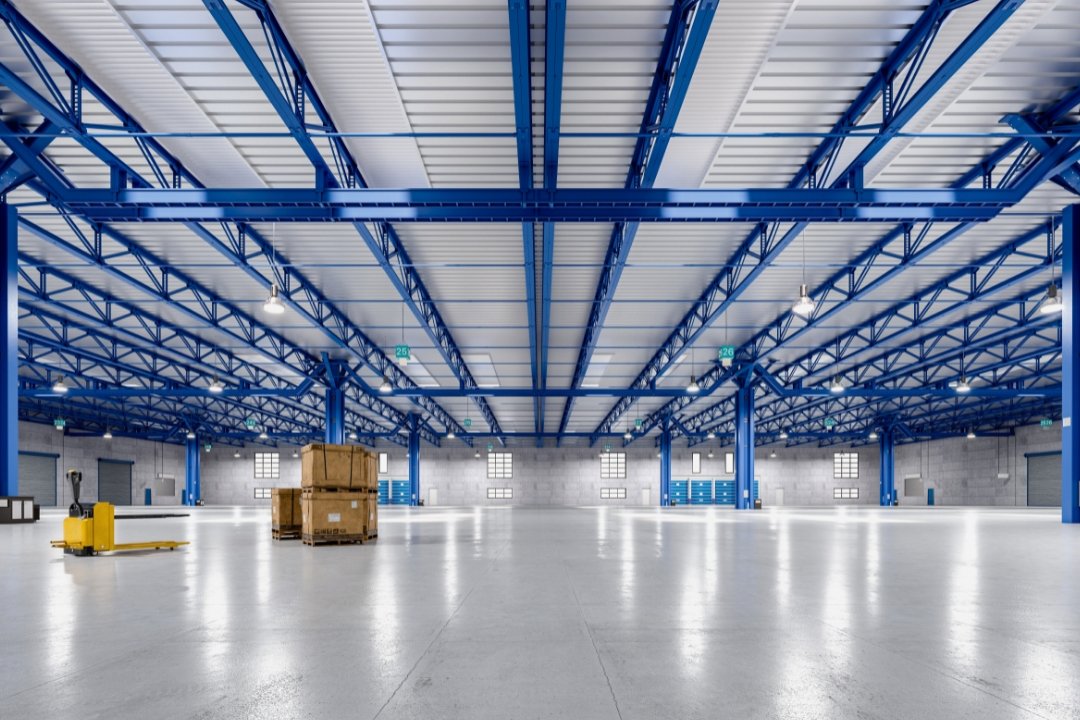

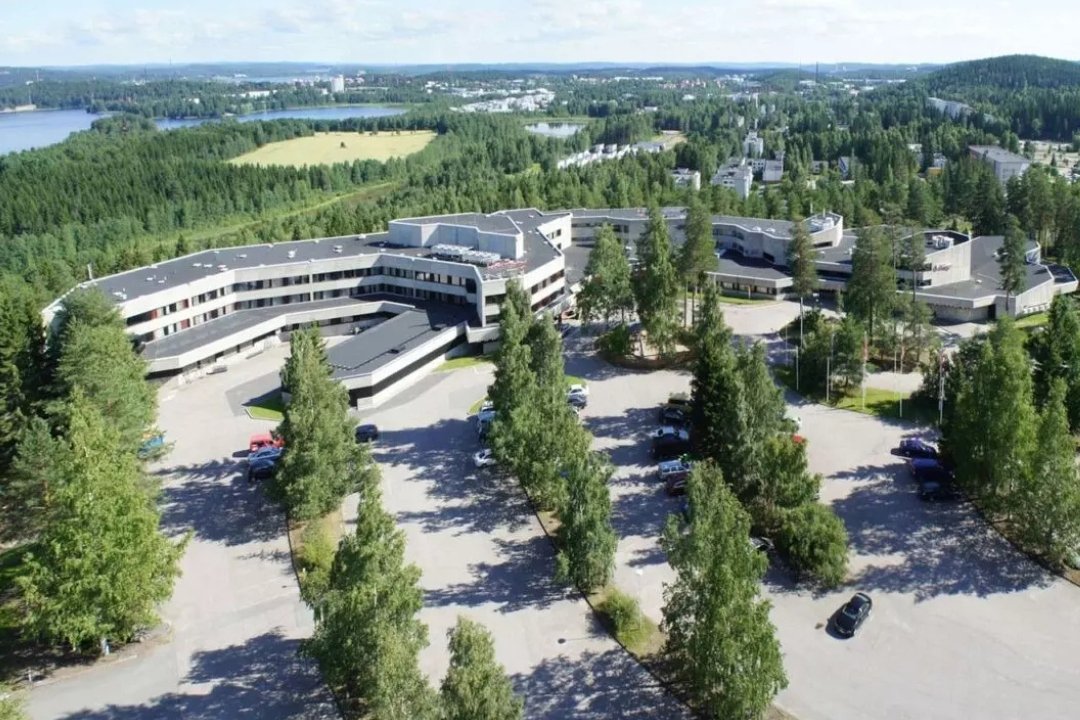

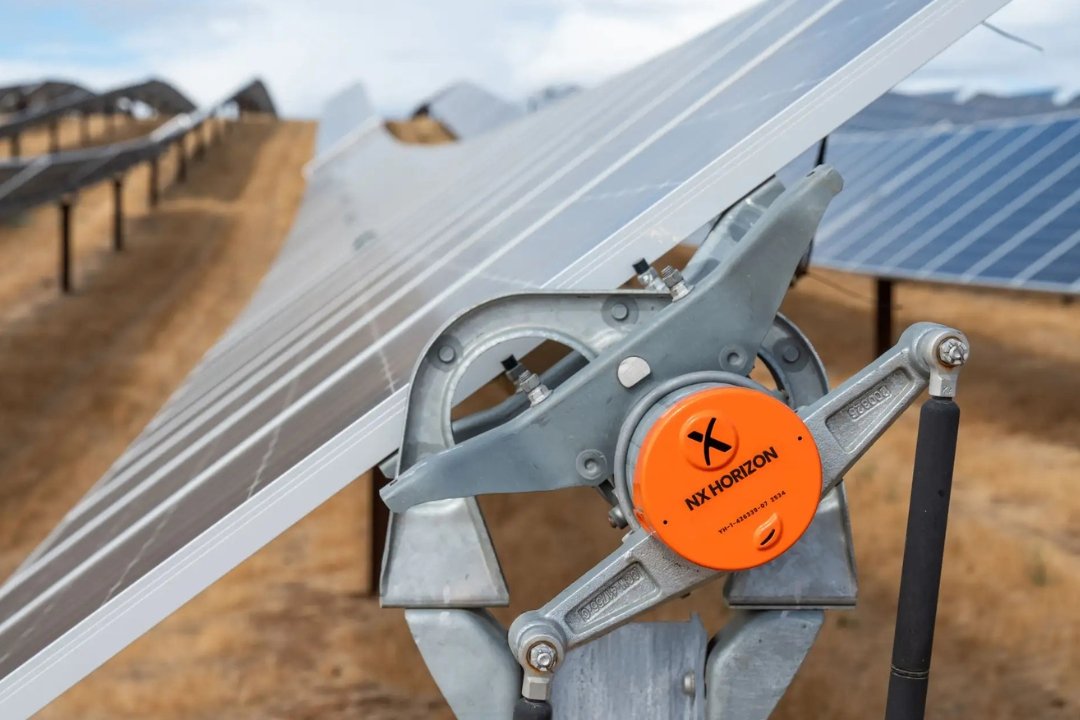

![[IRHM] logo](https://irhmagazine.com/wp-content/uploads/2025/08/IRHM-AWARDS-2025-1024x683.jpg)



